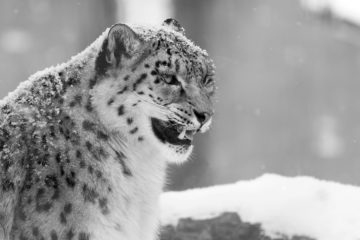
Wildlife Conservation in the Digital Age
Effective wildlife conservation needs data. Researchers in the School of Mathematics and Statistics are improving the ways we can get it.

Effective wildlife conservation needs data. Researchers in the School of Mathematics and Statistics are improving the ways we can get it.
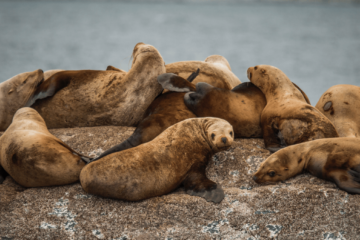
New marine tracking technology has improved governmental, environmental and other organisations’ ability to monitor marine mammal species, allowing conservation of endangered species and greater insight into ocean…
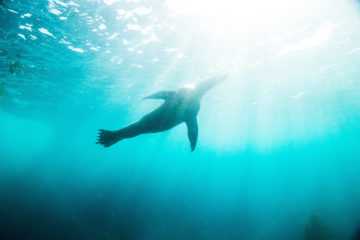
There has been growing pressure from government, industry and public bodies to improve methods for monitoring, managing and protecting international marine assets. These marine assets include sensitive habitats with…
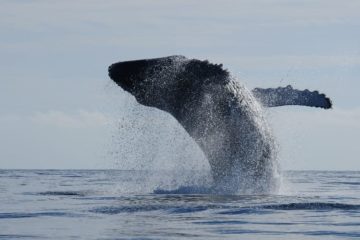
Statisticians at St Andrews have developed distance sampling survey methods and software which have allowed governmental bodies and NGOs to make better decisions about the management and conservation of diverse…

The research of the Sea Mammal Research Unit (SMRU), on behalf of NERC, has been instrumental in identifying protected haul-out sites for seals. The recently approved Protection of Seals (Designation of Haul-out Sites)…
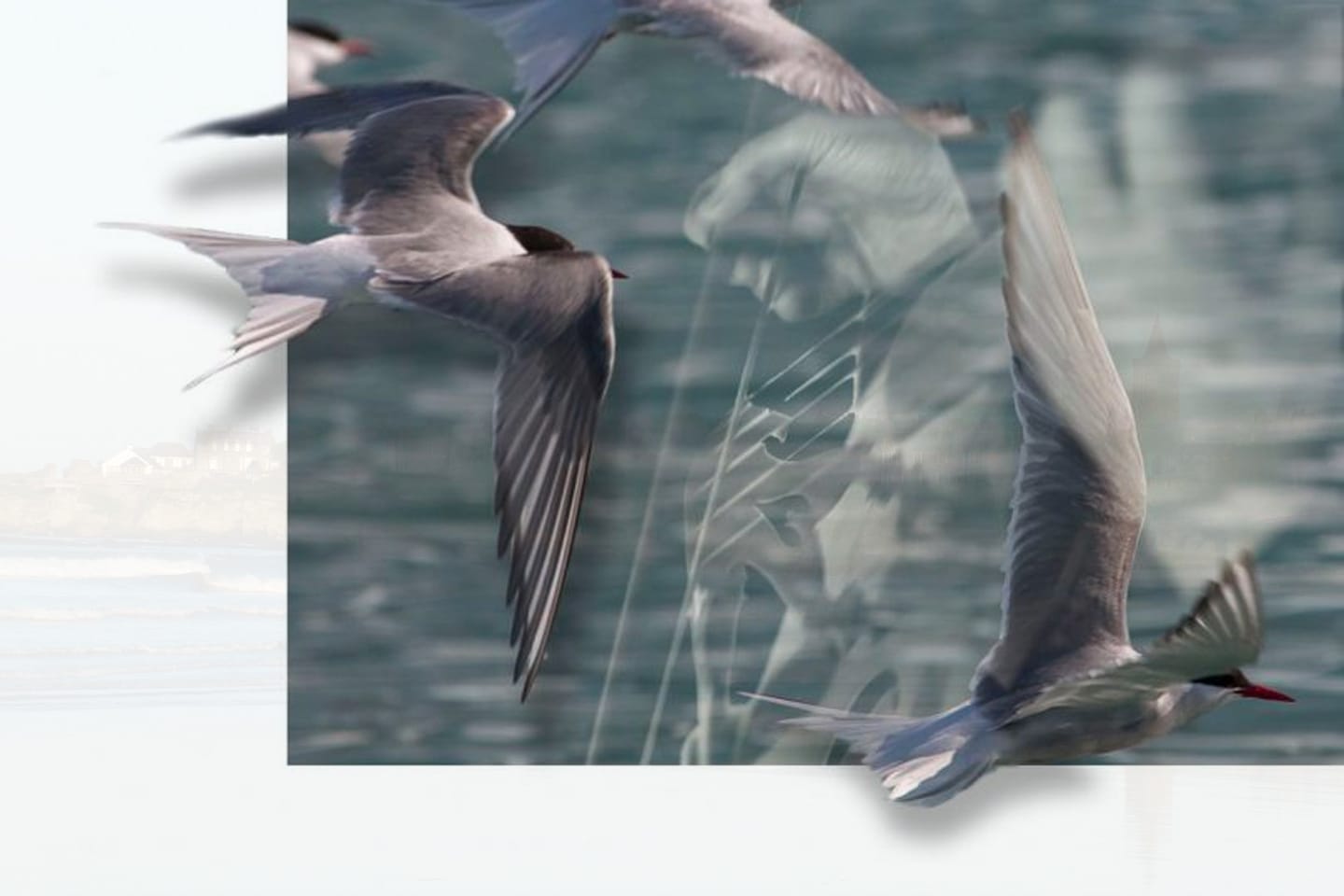
Music Planet explores the broadest concepts of Environment and Music. The series will draw on academic research across all disciplines from arts to social science and science to present new concepts that have an impact…
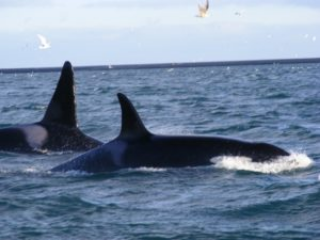
Public need for better methods to monitor, manage and protect international marine assets has motivated sonar methodologies research by Dr Richard Bates, of the Department of Earth & Environmental Sciences, and…
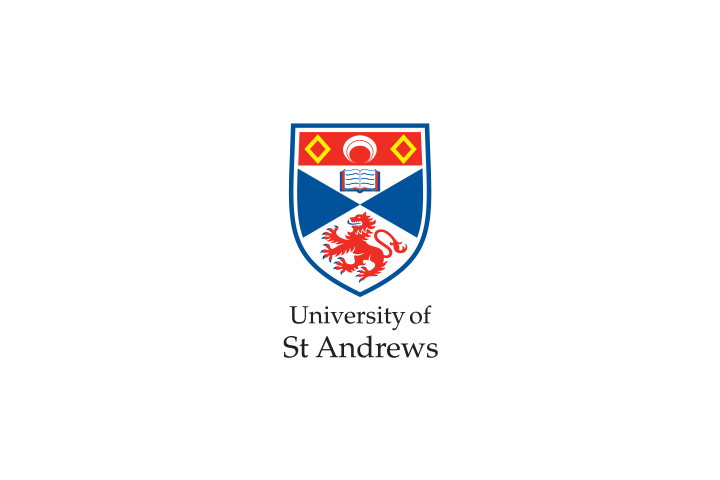
The research undertaken from 1996 to 2013 by researchers of the Sea Mammal Research Unit (SMRU) of the School of Biology focused on the accurate measurement of marine mammal populations and distributions in UK and EU…

The Sea Mammal Research Unit (SMRU) Instrumentation Group, of the School of Biology, has designed, built and supplied about 400 telemetry tags per year since 2008, resulting in economic benefit to companies in the UK…